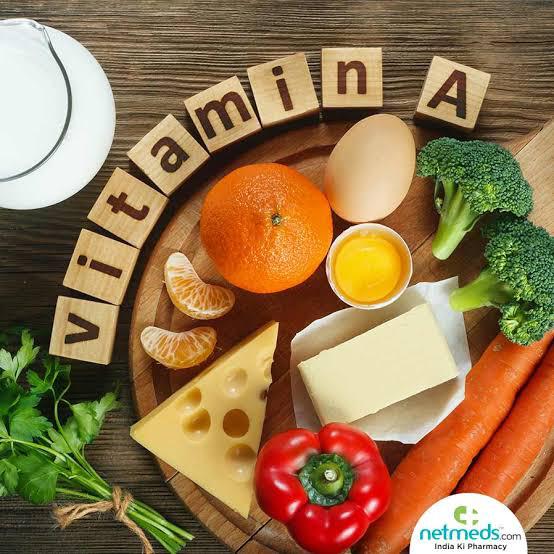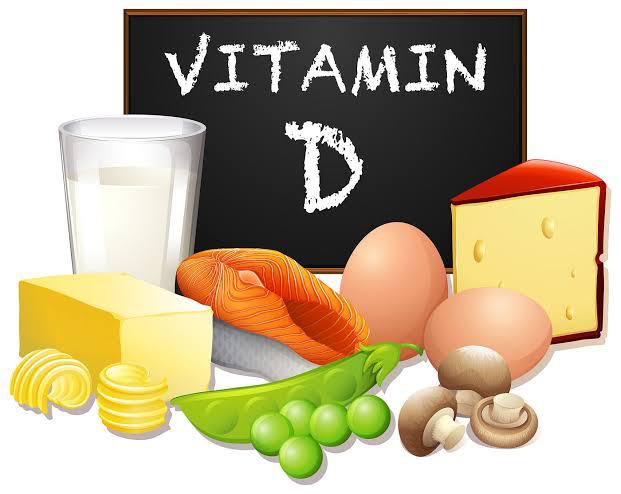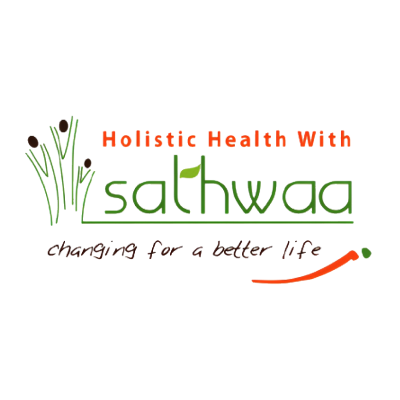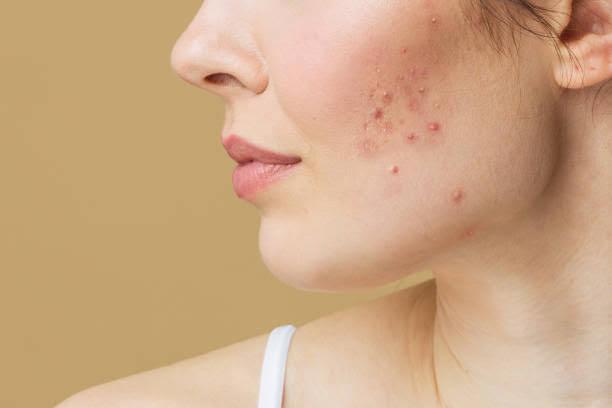To help you overcome acne issues, follow these six simple steps. We also strongly advise consulting with your doctor for personalised guidance.
1. Embrace Vitamin A: Vitamin A is a skin health essential. Include vitamin A-rich foods in your diet.
Go Colorful: Dive into a rainbow of fruits and vegetables. They’re packed with carotenoids and vitamin A, vital for cell regeneration. Your skin naturally sheds 30,000 to 40,000 cells daily, and when it can’t replace them, it starts aging. The vitamin C in fruits and vegetables also boosts your skin’s collagen, leaving it soft and smooth for years to come.

Rich Sources of Vitamin A: Look to foods like carrots, papayas, sweet potatoes, pumpkins, eggs, green leafy vegetables, and bell peppers to boost your vitamin A intake.
2. Essential Fatty Acids for Skin Health: Omega-6 and Omega-3 play pivotal roles in vital physiological processes, notably inflammation. Research has shown that imbalances in specific essential fatty acids can contribute to various skin issues.
Find these essential fatty acids in walnuts, almonds, flax seeds, hemp seeds, basil seeds, seafood, tofu, and avocados.
3. Unlocking the Power of Vitamin D for Your Skin and Endocrine System: Vitamin D plays a critical role in skin health, impacting the entire endocrine system.
You can boost your vitamin D intake through foods like eggs, sunflower seeds, pumpkin seeds, mushrooms, and cheese.

4. Protein Essentials: Ensure you’re getting the right amount of protein by including 1g per kilogram of your body weight in your meal plan. For instance, if you weigh 50kg, target 50g of protein.
You can source this essential nutrient from foods like dhal, legumes, sprouts, paneer, tempeh, and animal products.
5. The Essential Role of Hydration: Achieve optimal hydration by incorporating refreshing beverages into your routine.
Consider choices such as revitalising tender coconut water, cane juice, invigorating lemon water,Jaljeera water, diffused water with chai seeds and the plain water.

6. The Interplay of Psychological Stress and Acne: Psychological stress is recognised as a potential aggravator of acne. The intricate connection between emotional well-being and skin health is well-established. The underlying mechanisms include the release of stress hormones like cortisol, which can influence sebum production, a significant factor in adolescent acne. When sebum production is elevated due to stress, it can clog pores and contribute to the development and exacerbation of acne, particularly in adolescents, making it essential to manage stress effectively for healthier, clearer skin.
while we recommend consulting a doctor for personalised advice,
Reference:
- https://pubmed.ncbi.nlm.nih.gov/17340019/
- https://www.ncbi.nlm.nih.gov/books/NBK459173/#:~:text=Psychological%20stress%20is%20associated%20with,to%20increased%20facial%20sebum%20excretion.
- https://www.ncbi.nlm.nih.gov/pmc/articles/PMC2836431/
- https://www.sciencedirect.com/science/article/pii/S2666328722000281


That’s really helpful information
thank you
Peculiar article, exactly what I was looking
for.